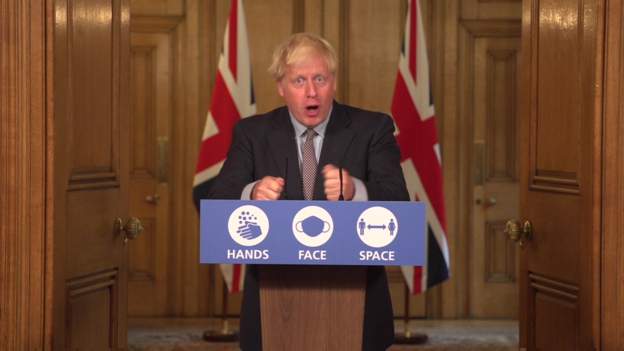Order of succession. The odds against Sir Keir Starmer being next Prime Minister

Labour supporters were euphoric at the weekend with the news of the first opinion poll in over a year showing them in the lead. Is this a temporary highpoint or the start of a trend? Might Labour be on course to win the next general election?
Perhaps. That does not explain the persistently short odds on Sir Keir Starmer becoming the next Prime Minister. At the time of writing, he was last matched on Betfair at 3.9 to be next Prime Minister. Are these odds justified? No.
David Herdson looked at this in May, when the odds were even shorter. He was right then. But since the odds on Sir Keir in this market remain short, let’s go over this ground again.
With the Conservatives having a majority of 80, the chances of Sir Keir becoming next Prime Minister before the next election are remote. If the next Prime Minister is chosen at or after the next election, superficially his prospects look good. At the time of writing, Labour were last matched at 2.18 for most seats. Quite possibly Labour will form the next government in a hung Parliament even if they don’t get most seats, given the way that the Conservatives have burned their bridges with every other party in Parliament. So we might regard it as near enough an even bet that Labour will form the government after the next election if we take those Betfair odds at face value.
Given that, intuitively it feels as if the chances of Sir Keir being next Prime Minister should be 50%, adjusted by the probability that he will not be Labour leader at that stage and by the probability that the Conservatives will replace Boris Johnson before that date. And in one sense, that’s right. But it has to be understood that these are all related contingencies. If Labour are doing badly, Sir Keir might be dumped (though if Labour are doing badly they are unlikely to win the next election). More importantly, if the Conservatives are doing badly, Boris Johnson might be dumped.
We can talk about this in the abstract but we can also look at precedent. Since the Second World War, the Conservatives have had nine Prime Ministers form a government after a general election: Churchill, Eden, Macmillan, Heath, Thatcher, Major, Cameron, May and Johnson. Of those nine, just two left office at a general election: Heath and Major.
What you can see is that internal Conservative party politics are far more important in the short term in determining who becomes next Prime Minister while the Conservatives are in government than the outcome of the next general election. This can be seen even with the two exceptions. John Major came close to not fighting the 1997 general election – when challenged by John Redwood in 1995 he secured only a hairsbreadth above the number of MPs that he had reputedly decided marked his resigning point. Ted Heath called an unnecessary election and paid the price.
One should also note that Leaders of the Opposition are not guaranteed to stay the course. John Smith and Hugh Gaitskell both died unexpectedly (and both were younger than Sir Keir Starmer is now).
Since the Second World War, only Churchill, Heath and Wilson have been Leader of the Opposition in the first year of a new Parliament and gone on to be next Prime Minister. The feat was last performed in February 1974 by Harold Wilson. There have been 12 general elections since then.
In all that time, only Ted Heath (in October 1974), Neil Kinnock (in 1987), William Hague and Ed Miliband even got to fight an election with a chance of joining this club. Of these, only Ted Heath and Ed Miliband ever looked plausibly likely to do so. Politics between elections is far more active than is commonly appreciated.
Two of the red herrings are particularly instructive. Margaret Thatcher and David Cameron both became Leaders of the Opposition in the first year of a new Parliament and both went onto become Prime Minister after the next election. However, both saw others queue-jump them to become next Prime Minister: Jim Callaghan in the case of Margaret Thatcher and Gordon Brown in the case of David Cameron.
So far as this specific betting market is concerned, Sir Keir may well be in a Catch-22 . If he looks like being next Prime Minister, the Conservatives will take pre-emptive action to ensure that he isn’t.
Is it possible that Sir Keir will be next Prime Minister? Yes, it’s certainly possible. Is it a 3/1 shot today? No, nothing like. 10/1 would be more like it, and that might still be too short. He might be a good bet to be next but one Prime Minister, were there a market on this, but not to be next Prime Minister. This is a clear lay.
Alastair Meeks